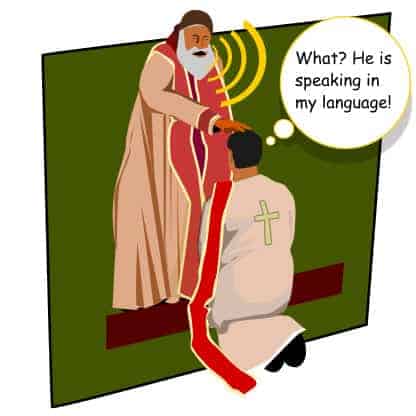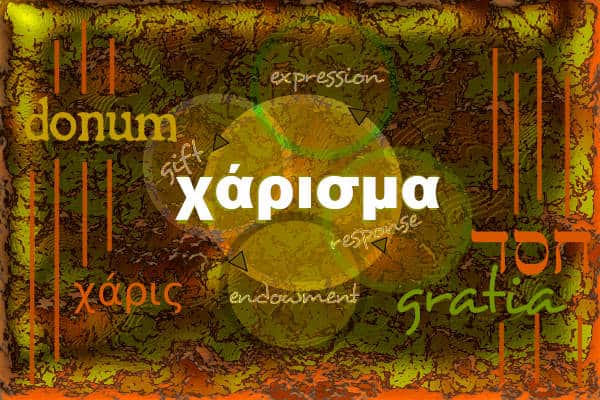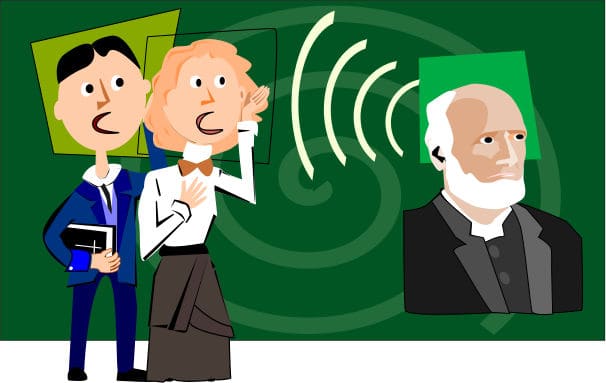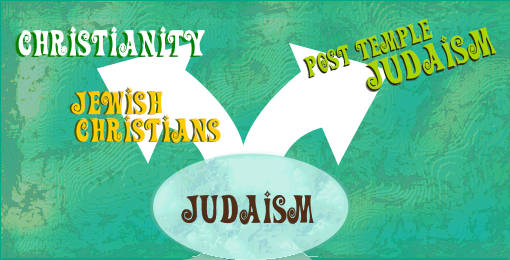An etymological exploration of the word χάρισμα from select writings of the Church Fathers.
Χάρισμα has a much wider semantic range than most realize and assists in a better understanding of St. Paul’s usage.
By going through a select set of writers from the third to fourth centuries, Athanasius*, Eusebius, and Gregory of Nazianzus, a clearer picture is developing on how the ancients understood the word.
In a traditional English translation, one is forced to use gift in every instance of χάρισμα. In my translations below, I am breaking this tradition because the Church Fathers indicate a wider semantic range. Really, I am not sure if there is a one word equivalent in English for this word. The sense from these authors is that χάρισμα means this: the giving of your talents and service as an expression of thanks for what He has done in your life and reflecting God’s image in all that you do. I think endowment, expression or manifestation may be better English choices depending on the circumstance. These words do not completely match the Greek either and appear too simplistic, but comes closer in many instances.
Read more








